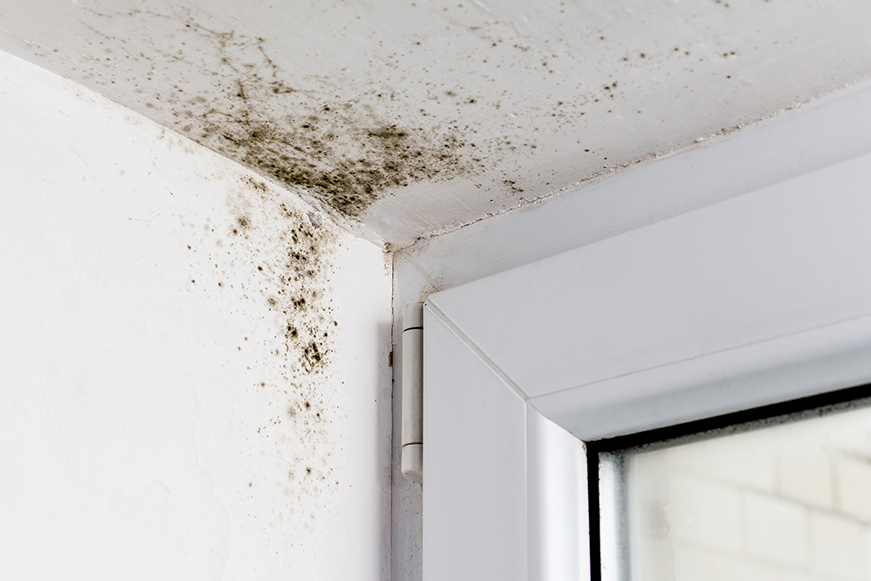How to reduce condensation and prevent mould in your home

How to reduce condensation and prevent mould in your home
Read our guide for simple tips to reduce damp and condensation at home.
Why does my home feel damp?
The most common cause of damp is condensation inside your home. Condensation occurs when warm air inside touches cold surfaces such as walls, windows, or mirrors, and condenses into water droplets.
Condensation is completely normal and is caused by everyday activities like washing, cooking and even breathing. Small amounts of condensation can be found in most homes but if you do not deal with it, and it is allowed to get worse it can become a major problem. If condensation builds up on a surface, it can cause black mould which can be harmful to your health.
If you have noticed condensation inside your home, wipe it away with a cloth and follow these tips to prevent it:
- Ventilate your property to let moisture-laden air escape by opening windows for at least 15 minutes each morning. Always open the window after a bath or shower and whenever you’re cooking
- Leave lids on pans when cooking and use the extractor fan if you have one
- Pull heavy furniture like wardrobes, drawers, and sofas away from the walls to let air circulate behind
- Don’t dry wet laundry indoors (and if you must, then hang the wet laundry to dry in the bathroom with the door closed and window open). Don’t dry damp laundry on radiators or in front of a fire as this will release more moisture into the air
- If you use a tumble dryer, make sure it has a vent to the outside or is a condensing dryer
- Maintain low level heating rather than turning the heating up and down in short bursts
- Don’t overfill wardrobes and drawers to allow air to circulate
If you have noticed water marks or mould at home
Carefully clean the mould away using bleach or a fungicidal wash (remember to wear gloves).
If, despite taking steps to prevent mould, the problem isn’t going away, please report the issue. We can arrange for a surveyor to come and investigate to see if the damp is being caused by a structural issue with the building.

